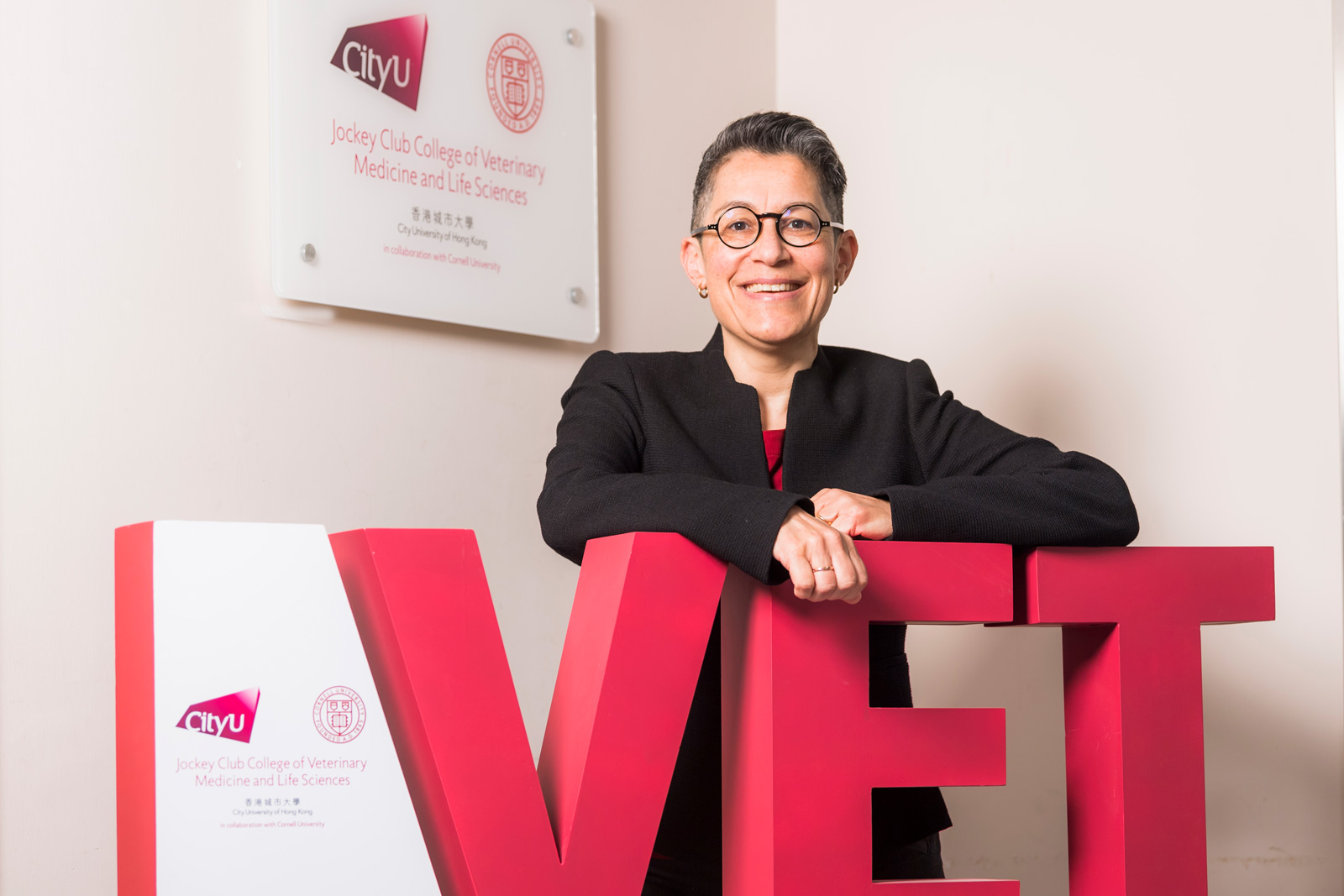CityU researcher: desexing cats before 4 months can reduce the number of unwanted kittens

Big-data research led by Professor Julia Beatty, Head of the Department of Veterinary Clinical Sciences; Chair Professor of Veterinary Medicine and Infectious Diseases; and Director of the Centre for Companion Animal Health at City University of Hong Kong (CityU), has found that although more than 80% of cats in Australia were desexed, only a fraction have had surgery before reaching puberty, thus creating a “pregnancy gap”. To close this gap and prevent unwanted litters, it is recommended that the age of desexing is before four months.
This recommendation is made by global organisations including the Royal Society for the Prevention of Cruelty to Animals and the International Society for Feline Medicine as unowned domestic cats are fast becoming a global problem, driven by the cats’ phenomenal reproductive success which carries significant economic, animal welfare and biodiversity costs.
Researchers at CityU and the University of Sydney studied anonymous medical records of over 52,000 cats brought into vet clinics, including pet cats, breeding cats, cats owned by shelters, and semi-owned cats in Australia. The research has been published in Scientific Reports.
Despite a clear move towards earlier desexing, the study has found that desexing at four months or younger was carried out in only 21.5% of female cats, while 59.8% of female cats had been desexed by six months of age.
Female cats were less likely than males to be desexed (at all) or to have undergone early-age desexing, which is suboptimal for preventing unwanted litters. A female can give birth to up to three litters of up to six kittens each year.
“This creates a potential pregnancy gap between the time the female cat reaches puberty and the age at surgery,” Professor Beatty said.
Early-age desexing is important to prevent unwanted kittens heading into overburdened and under-resourced shelters or into the stray cat population, which is detrimental to their well-being and puts additional stress on wildlife already impacted by other predators, habitat loss and global warming.
“The benefits of earlier desexing for cats, aside from birth control, include shorter surgery time, a smaller incision and a quicker recovery, and reduced cancer risk,” Professor Beatty added.

The Jockey Club College of Veterinary Medicine and Life Sciences at CityU works closely with The Society for the Prevention of Cruelty to Animals (Hong Kong) (SPCA) which runs the Cat Colony Care Programme and other animal birth control programmes for local cat-owners.
According to a recent analysis at SPCA clinics, 93% of cats in Hong Kong have been desexed. Although the situation in Hong Kong is a little different to Australia where more cats roam outdoors with more opportunities to breed, important comparisons can be made.
“The SPCA has been very successful in educating owners to have their pets desexed, but there is still work to do in Hong Kong. It is very important for well-meaning carers who feed ‘community cats’ to ensure that those cats are desexed early,” said Dr Jane Gray, Chief Veterinary Surgeon of SPCA.
“Ironically, providing additional food to homeless cats without desexing them can actually make the stray cat problem worse,” said Dr Fiona Woodhouse, Deputy Director of Welfare at SPCA.
“We really hope the research encourages anyone caring for a free-roaming cat in Hong Kong to arrange for that cat to be desexed, preferably before they reach four months of age. This would be a win for cat welfare and would help to reduce the number of unwanted kittens,” said Professor Beatty.